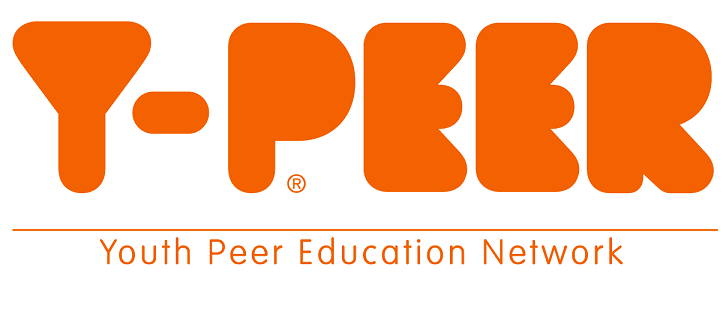Y-PEER Somalia has undertaken a pivotal study to assess and enhance the acceptance and uptake of pneumococcal conjugate vaccine (PCV) and rotavirus vaccine among Somali communities. The Knowledge, Attitudes, and Practices (KAP) baseline survey, conducted in April 2024, provides a detailed understanding of community perceptions and the challenges faced in vaccine acceptance. This article delves into the survey’s findings, the significant barriers identified, and strategic recommendations for a successful national awareness campaign.
Survey Methodology and Scope
The KAP baseline survey was a comprehensive mixed-method study that combined quantitative and qualitative data collection techniques. Over thirty days, researchers gathered data from seven of Somalia’s 18 regions, representing a diverse cross-section of the population. The regions are: Banadir, Lower Shabelle, Lower Jubba, Mudug, Nugal, Sool and Bari regions. The survey included:
- 403 Household Questionnaires: These provided quantitative data on vaccine awareness and acceptance.
- 18 Key Informant Interviews (KIIs): Interviews with community leaders, healthcare workers, and other key stakeholders offered qualitative insights into local attitudes and practices.
- 12 Focus Group Discussions (FGDs): These discussions further explored community sentiments and barriers to vaccine uptake.
Key Findings
The survey uncovered a complex landscape of trust, barriers, and information sources affecting vaccine acceptance in Somalia.
- Trust in Vaccination Programs
- A majority of respondents expressed trust in vaccination programs, indicating a generally positive attitude towards vaccines within households. This trust forms a crucial foundation for increasing vaccine uptake.
- Barriers to Vaccine Acceptance
- Lack of Awareness: Many community members lack adequate information about the benefits and availability of vaccines.
- Misinformation: Myths and misconceptions about vaccines contribute significantly to vaccine hesitancy.
- Limited Availability: In some regions, especially in remote areas, the unavailability of vaccines further discourages uptake.
- Concerns About Adverse Reactions: Fear of potential side effects from vaccines also contributes to hesitancy.
- Insecurity: Ongoing conflict and instability in certain regions hinder access to vaccination services.
- Sources of Information
- Communities receive information from various channels, including health workers, social media, radio, SMS, community meetings, and television.
- Radio, SMS, and Social Media emerged as particularly effective channels, suggesting the need for multi-channel communication strategies to reach wider audiences.
Recommendations
Based on these findings, Y-PEER proposes several strategic recommendations to enhance vaccine acceptance and coverage in Somalia:
- Strengthen Community Trust
- Engage local leaders and healthcare workers in transparent communication efforts to build and maintain trust in vaccination programs.
- Address Specific Barriers
- Implement targeted interventions to tackle security concerns, misinformation, and lack of awareness.
- Ensure consistent and adequate supply of vaccines in all regions to address availability issues.
- Utilize Multi-Channel Communication
- Develop comprehensive communication strategies that utilize both traditional media (radio, community meetings) and digital platforms (social media, SMS) to disseminate accurate information widely.
- Tailor Awareness Campaigns
- Design campaigns that are culturally sensitive and address the specific needs and preferences of different community segments.
- Leverage local influencers and community leaders to endorse vaccination and dispel myths.
- Establish Monitoring and Evaluation Mechanisms
- Set up robust systems to monitor the impact of awareness campaigns and interventions on vaccine acceptance and uptake.
- Use feedback from these evaluations to continuously improve campaign strategies and effectiveness.
Conclusion
The findings from the KAP baseline survey underscore the importance of a nuanced and multi-faceted approach to improving vaccine acceptance in Somalia. By addressing the identified barriers and leveraging diverse communication channels, stakeholders can significantly enhance vaccine coverage and health outcomes for Somali children. Supported by organizations like the Bill & Melinda Gates Foundation, GAVI, and New Venture Fund, this initiative aims to reduce childhood mortality from preventable diseases such as pneumonia and rotavirus.
The comprehensive insights and strategic recommendations provided by this survey will guide the upcoming national awareness campaign, ensuring it is tailored to the unique challenges and opportunities within Somali communities. For a more detailed understanding of the survey findings and recommendations, please refer to the full baseline survey report by Y-PEER Somalia.
By prioritizing community engagement, addressing specific barriers, and utilizing effective communication strategies, Somalia can make significant strides in enhancing vaccine acceptance and protecting the health of its youngest citizens.
For more information contact info@ypeerso.org
